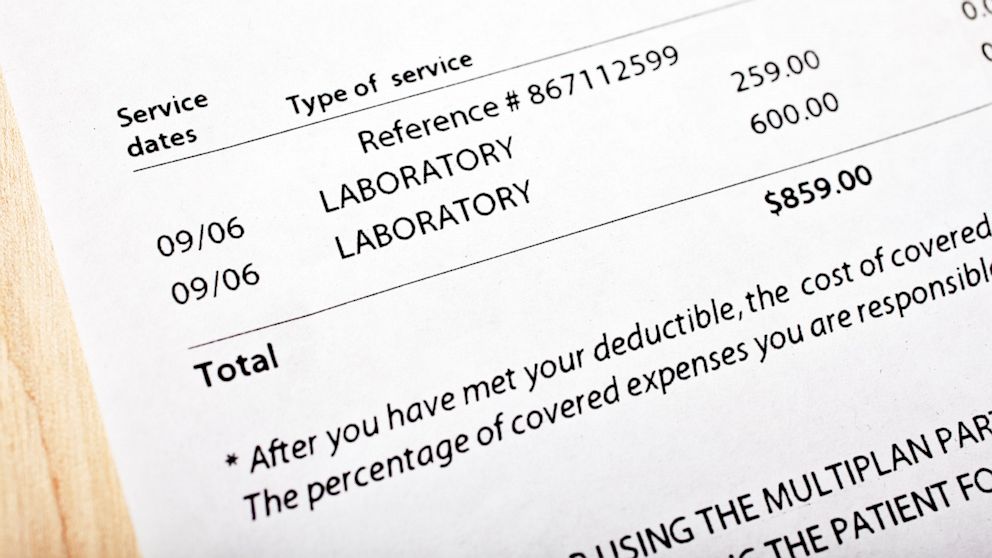Top 5 Ways to Reduce a Hospital Bill
Patients and their families can negotiate discounts and reduce medical bills.

Sept. 4, 2013 — -- intro:Families around the country are struggling to pay the price of healthcare. Nearly 2 million Americans are living in medical bankruptcy, and one in five adults has trouble affording medical care.
While we don't often think of it, discounting the price of healthcare is nothing new. Almost every major participant in the health system routinely negotiates reduced payments rates. Visit an out of network doctor and pay more? That's because your insurance company has negotiated difference terms with different providers. Wondering why you see an "adjustments" column on your latest medical bill? That's a sign that your insurance company and your provider have settled on a discount. Patients, too, can negotiate discounts and greatly reduce their bills. Here are a few tips.
quicklist:title: Use free tools to identify lower-priced providerstext:Hospitals just a few miles away can inexplicably charge vastly different rates. You may find it well worth your time to drive a few extra miles in order to save thousands of dollars. Use tools like NerdWallet Health's Best Hospitals tool or Medicare's Hospital Compare to look up the cost of common procedures in your region.
quicklist:title: Choose care providers that are willing to offer price transparencytext:Transparency in health care prices is increasing. Some facilities, like the Surgery Center of Oklahoma, post all their prices online. Ask your doctor to share an estimate with you. You can also call your insurance company to better understand the rate you will be expected to pay out of pocket. Don't be shy – those toll free numbers are supposed to assist customers like you.
Read More: Okla. Surgical Center Reveals Prices to Patients
quicklist:title: Look for billing errors and double chargestext: One recent study reported that as many as 80 percent of medical bills contain errors. With a system as error-prone as ours, you'll want to make sure you are not paying for services you didn't receive.
When the bill comes, review it in depth. Engage the help of a biller in your doctor's office to:
1) Ask for an itemization of all charges
2) Ask what services are covered under your room and facility charges
3) Ask what treatments were provided
4) Identify the date and time of when you were admitted
5) Clarify medical terminology that is confusing
Specifically look for erroneous double charges, for mischarges, and for situations where a charge defies common sense (e.g., a $22 Q tip).
quicklist:title: Ask to pay Medicare's ratetext: Analysis reveals that Medicare negotiates a 73 percent discount of the average hospital charge. Why should you pay more? Know what Medicare or an insurance company would pay for a hospitalization, and ask to pay this amount.
quicklist:title: Offer to make a discounted paymenttext: Take stock of what you can afford to pay and what price seems fair to you. Offer your doctor a one-time cash payment. Experts suggest, if possible, a one-time payment rather than a monthly repayment plan, where you might miss a payment and incur interest charges or credit penalties. Make sure you get a receipt for your payment marked "Paid in Full."
This work is the opinion of the columnist and in no way reflects the opinion of ABC News.
Christina LaMontagne is the vice president of health at NerdWallet, a website dedicated to providing unbiased financial advice to consumers looking for better and more affordable healthcare, banking, and investing products.




